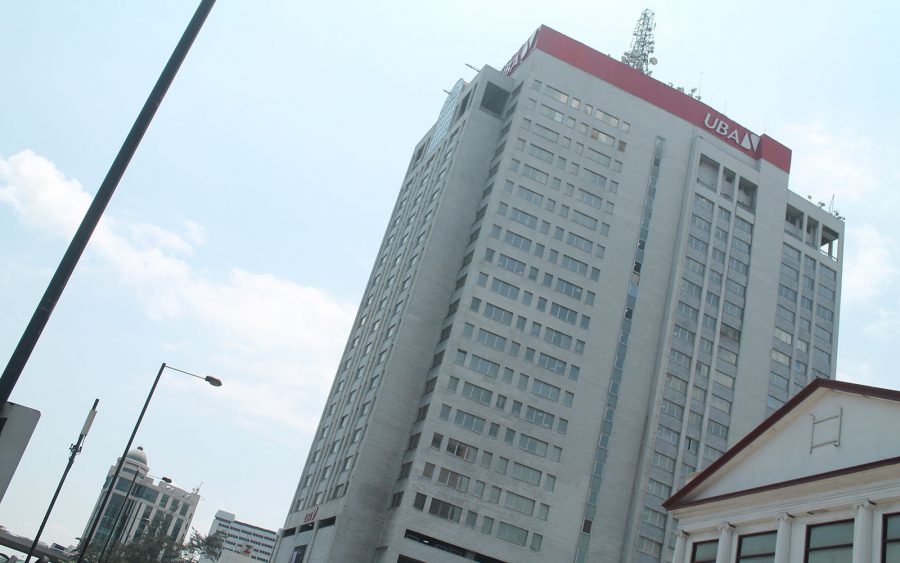Nigeria’s tier-1 lender, United Bank for Africa (UBA) Plc, has signed a $200 million contract with leading oil exploration company, Shell, which will see the bank provide credit facilities to the oil company’s local vendors and suppliers.
A good development for Shell’s Nigerian suppliers – While commenting on this development, Shell’s General Manager in charge of Government and Business Relations, Mr Bashir Bello, said:
“Lack of access to capital hinders many Nigerian companies from competing for and executing contracts effectively.”
Shell’s contractor support fund is growing– With this deal, the contractor support fund for Royal Dutch Shell Plc’s Nigerian operation has risen to $2.4 billion. Shell said in a statement, yesterday, that the fund can be accessed by contractors and suppliers who have “valid purchase order and meet the bank’s risk assessment criteria.”
Before now – Shell signed a $2.2 billion accord with seven Nigerian lenders in 2016. And according to the oil company, about $1.5 billion worth of loans have since been given to over 300 small and medium sized businesses who either supply to Shell Nigeria or serve as vendors to the company’s products.
UBA hasn’t reacted – United Bank for Africa Plc has yet to issue any press statement in regards to this development.
About Shell Nigeria
A long history in Nigeria – Royal Dutch Shell‘s operation in Nigeria dates back to 1937 when it was granted exploration license by the Federal Government. It is one of the foremost oil exploration companies in the country, and the first to discover Nigeria’s first commercial oilfield.
The company operates through a number of subsidiaries, the most prominent among which being Shell Petroleum Development Company of Nigeria Limited (SPDC).
The company has long been one of Nigeria’s largest crude producers. In 2017, it pumped an average of 631,000 barrels of crude per day. This accounted for about a third of Nigeria’s output.
